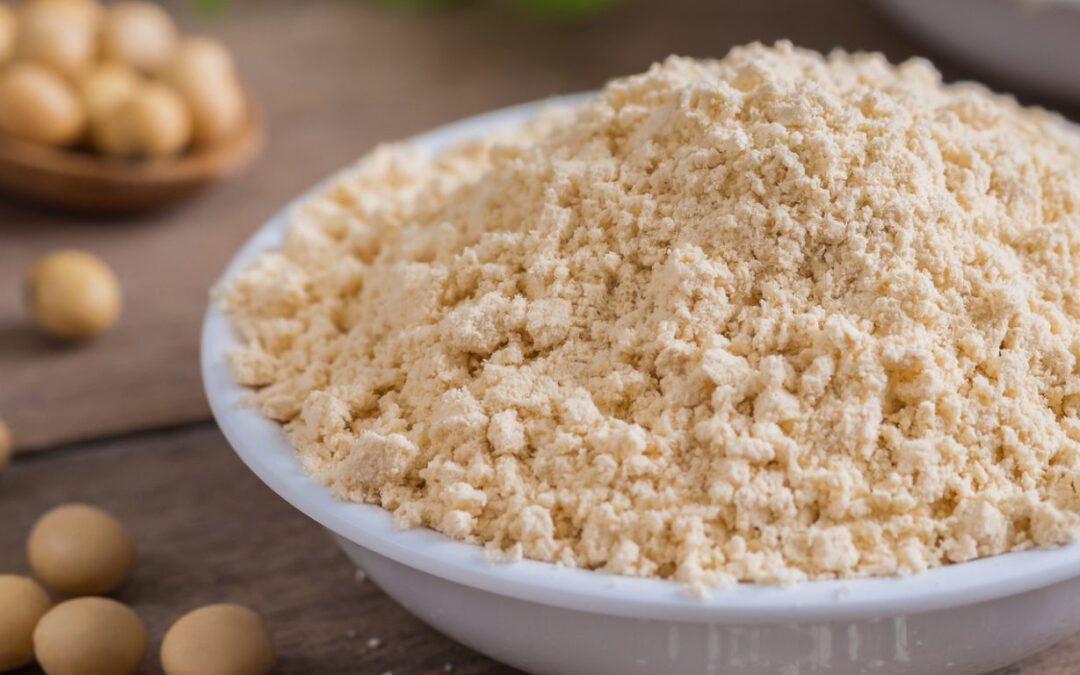For centuries, soyfoods have been a staple in Asian diets, offering a rich source of protein, nutrients, and isoflavones. But over the years, soy has also become the subject of myths and misunderstandings—particularly around hormones, cancer risk, and thyroid function. So, what does the science really say? Let’s break it down.
Soy and Breast Cancer: Is It Safe?
One of the biggest concerns about soy is its relationship to breast cancer, due to the plant estrogens (isoflavones) it contains. However, multiple studies confirm that soy does not increase breast cancer risk or negatively impact breast tissue. In fact, research suggests soy may even have a protective effect for some women. Leading health organizations, including the American Cancer Society, the Canadian Cancer Society, and the European Food Safety Authority, all support the safety of soy for women, including breast cancer survivors.
Soy and Thyroid Function
Some believe soy interferes with thyroid function, but the truth is, studies show no effect on thyroid hormones in healthy people. While soy (like many foods) can slow the absorption of thyroid medication, this is not unique to soy—it’s why doctors recommend taking thyroid medication on an empty stomach.
Soy and Men’s Health: Testosterone & Fertility
The idea that soy lowers testosterone or affects fertility in men has been widely circulated, but clinical research strongly disagrees. A major analysis of 41 studies found no negative impact on testosterone levels in men who consume soy. Likewise, soy does not affect sperm count, quality, or breast tissue development in men.
Soy and Cognitive Function
Want to stay sharp as you age? Research suggests that soy isoflavones may improve memory and overall cognitive function. A 2020 review of 16 clinical studies found that soy can positively affect brain health, especially in older adults.
Soy and Puberty: Does It Affect Hormones in Kids?
Some worry that soy could influence puberty onset, but studies show no connection. Early puberty is occurring worldwide—both in countries that eat soy and those that don’t. Research confirms that soy does not alter hormone levels in children or affect the age at which girls begin menstruating.
Soy and Pregnancy: Safe for Expecting Mothers?
Asian cultures have been consuming soy during pregnancy for generations, and there is no evidence that it negatively affects fetal development. The estrogen levels in the womb are much higher than any isoflavones from soy, and research suggests no harm to developing babies.
Soy Allergies: How Common Are They?
Soy is one of the top eight allergens, but actual soy allergies are rare—affecting only about 3 in 1,000 adults. Even in children, 70% outgrow their soy allergy by age 10.
Soy and Mineral Absorption
All beans and whole grains contain compounds that can interfere with calcium, iron, and zinc absorption. However, studies show that calcium from fortified soymilk and tofu is absorbed just as well as from cow’s milk. Additionally, research suggests iron from soy is better absorbed than previously thought.
How Much Soy is Safe?
The research is clear: up to four servings of soyfoods per day is safe and beneficial. Whether you enjoy tofu, soymilk, tempeh, or miso, you’re making a heart-healthy, plant-based choice. While both fermented (miso, tempeh) and unfermented (tofu, soymilk) soyfoods offer benefits, unfermented soy is more commonly consumed across Asia.
Although higher amounts of soy have not been found to be harmful, keeping intake at four servings per day ensures a balanced diet with plenty of variety—a key to overall healthy eating.
The Bottom Line
Soy is one of the most researched foods in the world, and the evidence overwhelmingly supports its safety and health benefits. From heart health to cognitive function, from hormone balance to longevity, soy can be a powerful part of a nutritious diet. The key is to focus on whole and minimally processed soyfoods and enjoy them as part of a diverse and balanced diet.

